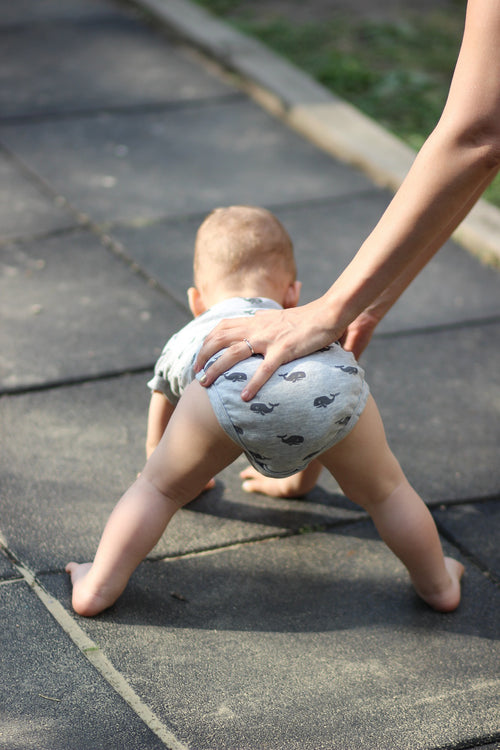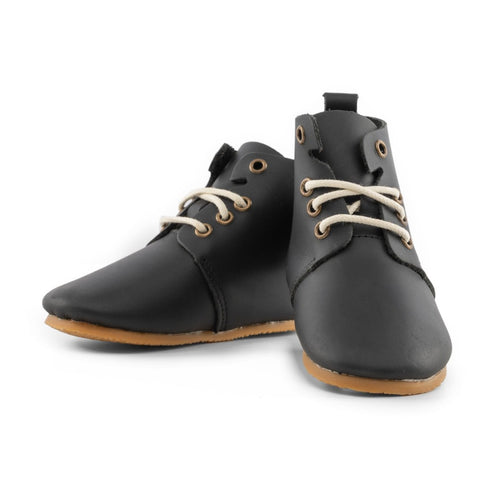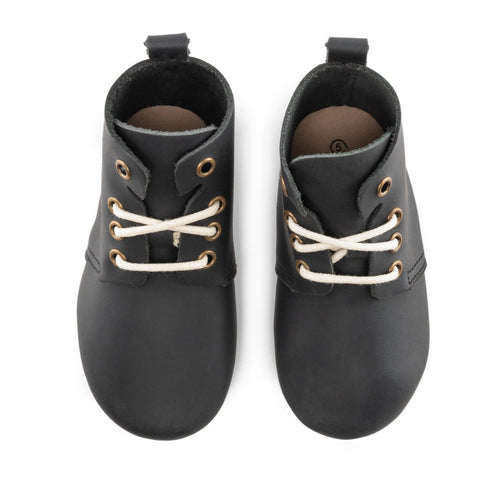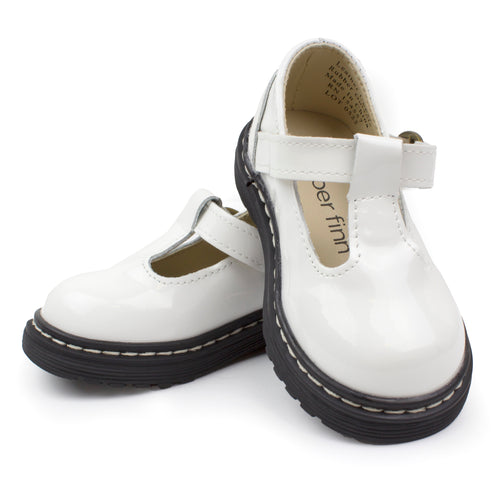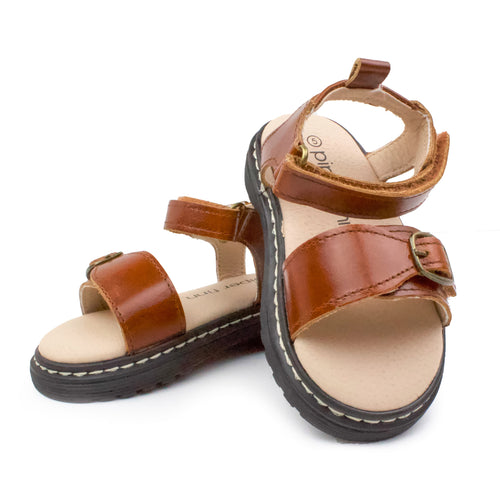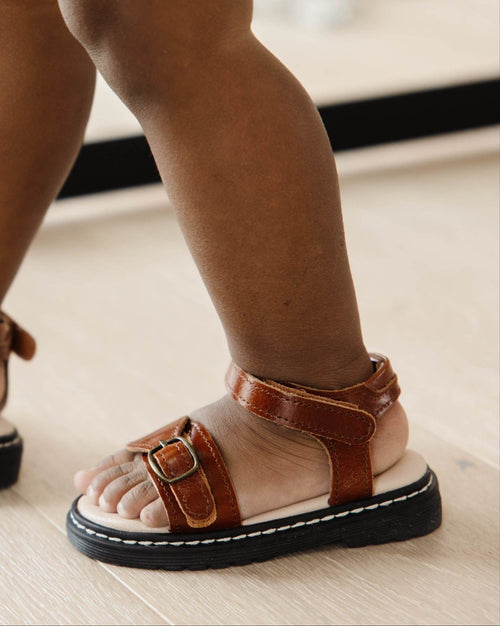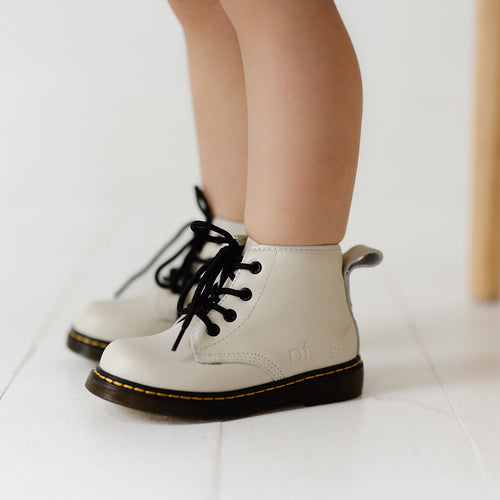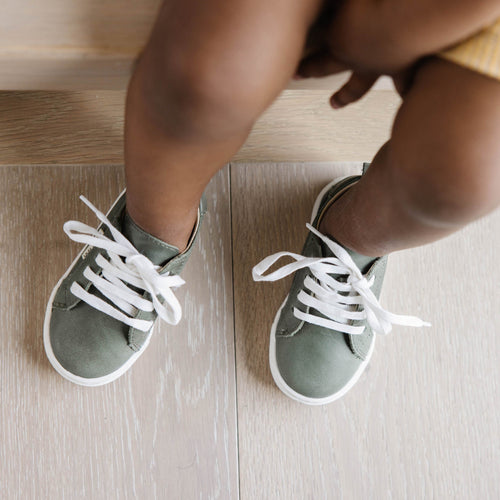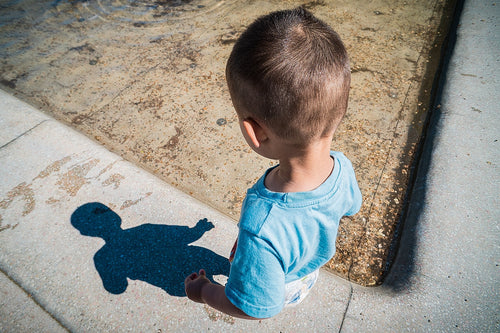Reaching developmental milestones is a unique journey for each child, but it’s important to remember that each child develops and grows at their own pace. Walking is one of the developmental milestones that parents eagerly await, but variations in the timing of this achievement are entirely normal.
So when should my baby start walking? Most kids start walking between 9 and 12 months of age, but some don’t start until 18 months.
Late walking is one of the most common concerns many parents share, and various factors can influence it. In today’s Piper Finn blog post, we’ll explore developmental milestones, common causes of late walking, and when to seek professional guidance.
What Are Developmental Milestones?
Developmental milestones help mark a child’s development from infancy to childhood and can help determine if a child is undergoing typical development or is delayed in a given area. Developmental milestones include crawling, sitting, standing, and walking and can provide a roadmap for a child’s growth.
The range of normal development is wide, and while late walking might raise concerns, it’s not always indicative of a serious issue. Most walking issues with kids resolve independently, but further evaluation and intervention may be necessary depending on the cause and your child’s overall development.
What are the Causes of Late Walking?
- Genetics
Family history can play a significant role in a child’s development. If parents, grandparents, or siblings started walking later, there’s a possibility that the child might follow a similar pattern.
- Temperament
Children with cautious or introverted temperaments might take longer to build the confidence to walk independently. These children may prefer observing their environment and mastering motor skills step by step before attempting to walk.
- Muscle Strength and Coordination
Walking requires a complex interplay of muscles and coordination. Some children may take more time to develop muscle strength and balance to support their body weight.
- Motor Skills Development
Children focus on various motor skills when developing, such as crawling, sitting, and standing. A child who excels in other areas might prioritize those skills before attempting to walk.
- Physical Growth
Children born prematurely might take longer to achieve developmental milestones, including walking. Premature babies often need more time for their bodies to catch up with their corrected age.
- Balance and Confidence
Learning to walk involves finding and maintaining balance while taking steps. Some children need more time to develop this sense of equilibrium and the confidence to move forward.
- Environmental Factors
A supportive environment that encourages exploration can play a role in a child’s decision to start walking. Open spaces, safe furniture for cruising, and opportunities for independent movement can foster a child’s desire to walk.
- Medical Conditions
Medical conditions or physical factors might sometimes contribute to late walking. Muscle weakness, joint stiffness, or issues with the development of the bones and joints can impact a child’s ability to walk.
- Developmental Disorders
Certain developmental disorders, such as cerebral palsy or Down syndrome, can affect motor skills development, including walking.
When to Consult a Professional about Late Walking
While late walking is usually within the range of normal development, it’s important to consult a healthcare professional if:
- Your child has not taken any steps by 18 months.
- There are other concerning developmental delays or regression in skills.
- There are signs of muscle weakness, stiff joints, or other physical concerns.
- There is a significant difference between developmental milestones (e.g., not crawling or standing up).
Pediatricians, developmental specialists, and physical therapists can provide valuable insights and assessments to ensure no underlying medical conditions are affecting your child’s development.
How to Encourage Progress
You can encourage your child’s progress toward walking with the following strategies:
- Floor Playing: Give your child plenty of time for unstructured play on the floor to allow them to develop core strength and explore movement.
- Assisted Walking: Holding your child’s hands or using a push toy can help build their confidence and give them a sense of balance.
- Encouragement: Celebrate small achievements, such as pulling up to stand, cruising along furniture, or even taking a few steps while holding onto your hands.
- Safe Exploration: Create a safe environment where your child can explore freely without fear of injury.
Final Thoughts
Developmental milestones vary widely among children, and late walking isn’t always a cause for concern as it usually resolves independently. Each child’s developmental journey is unique, and it’s advisable to consult a professional, like a pediatrician or developmental specialist, if you’re concerned about your child’s walking development.
Image by Nikolett Afra from Pixabay

